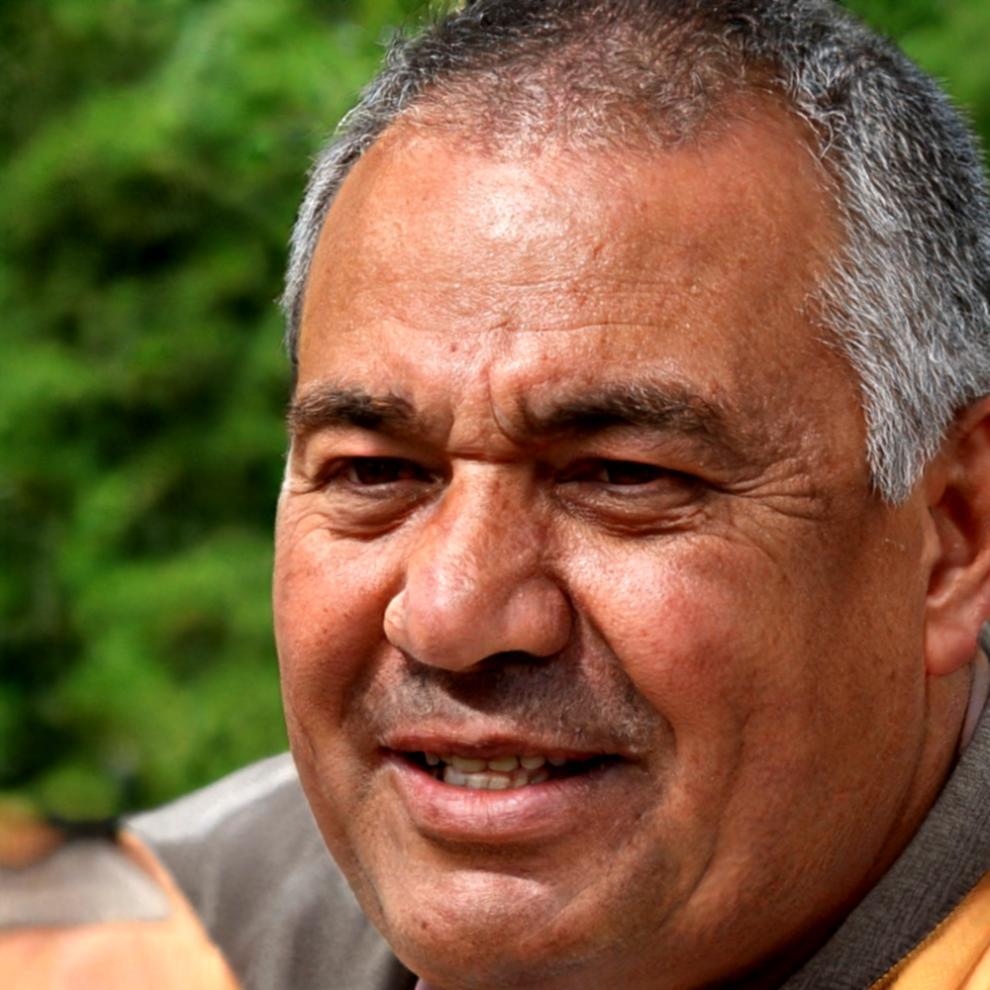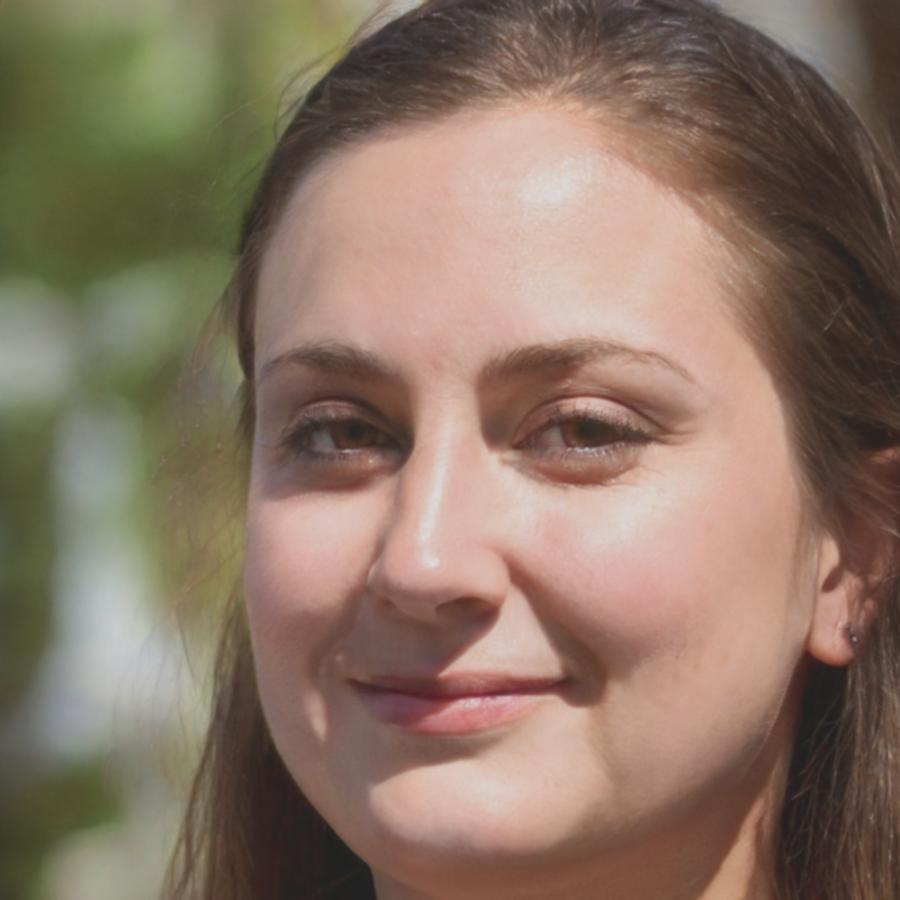
Hamish Kilpatrick
Budget Strategy LeadHamish spent twelve years working with local councils across regional Australia, helping them communicate rate increases and infrastructure spending to communities that were, understandably, skeptical. His approach centres on clarity—breaking down complex allocations into conversations anyone can follow.
He's particularly good at teaching people how to present difficult budget realities without sounding defensive or dismissive.



